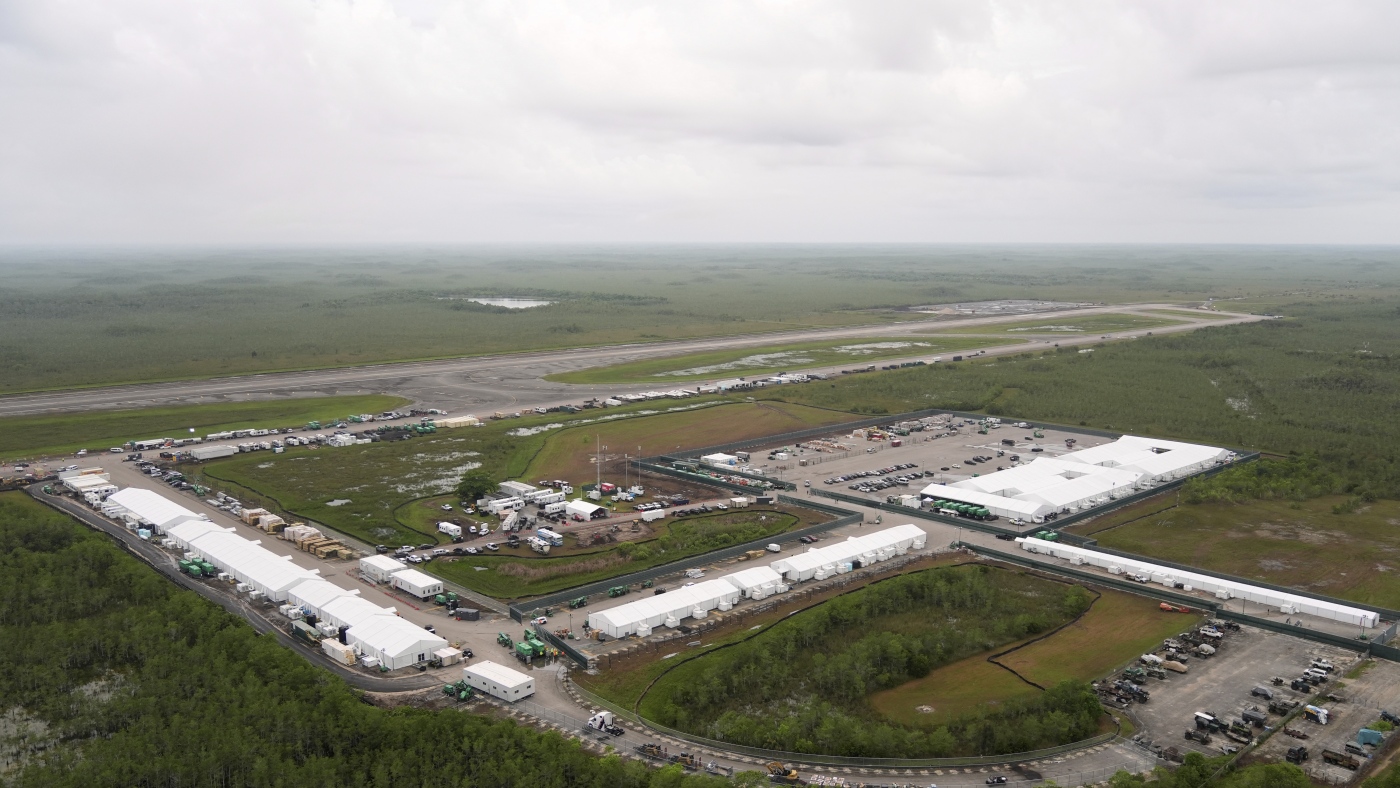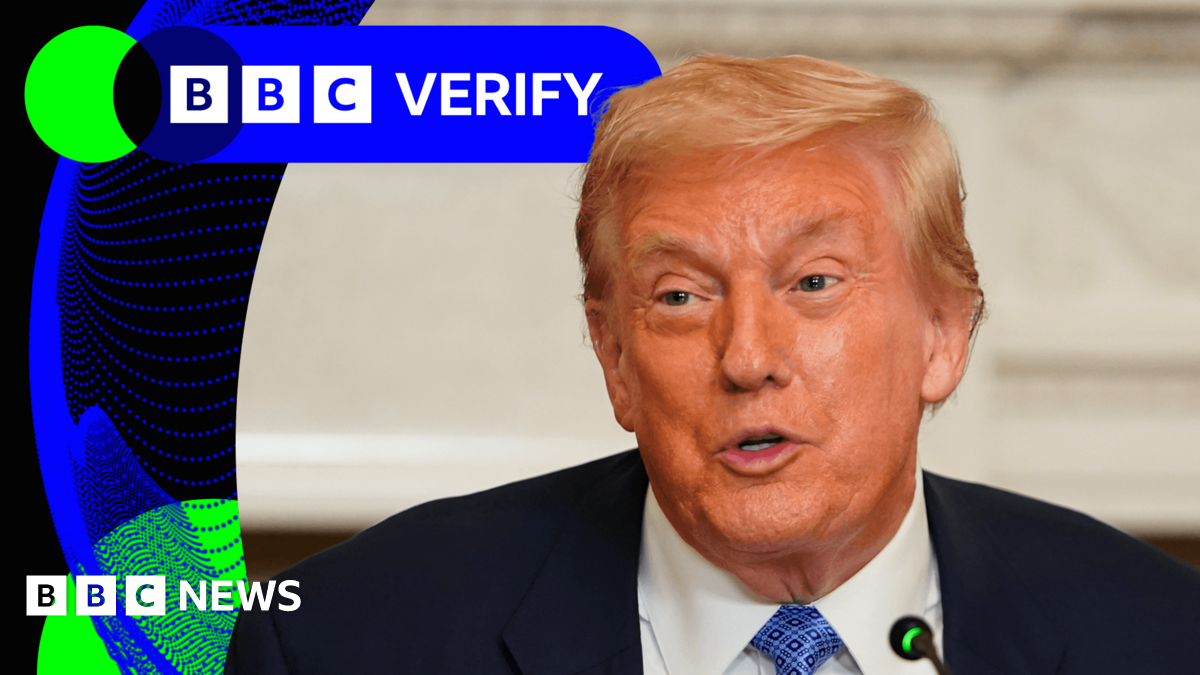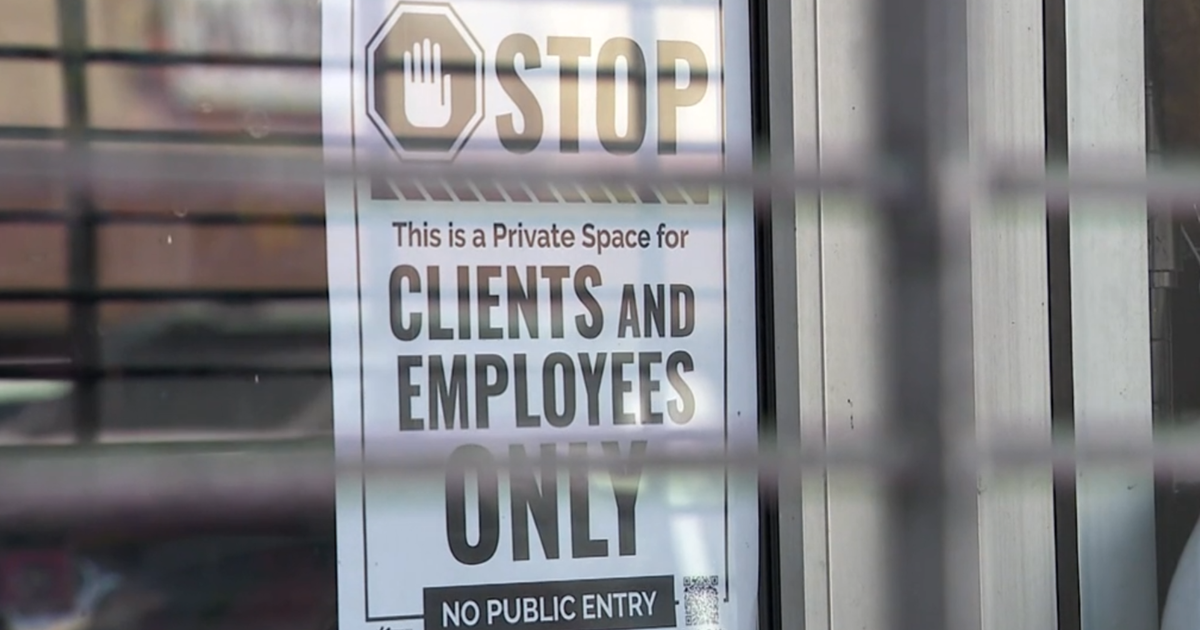DC Police Cooperation with Immigration Raises Concerns

Introduction
The recent crackdown on immigration by the Trump administration has led to increased cooperation between the District of Columbia's police and immigration enforcement. This has raised concerns among residents and immigrant rights advocates about potential racial profiling and discrimination. According to Politico, DC police have been given the authority to share information with immigration authorities about individuals at traffic stops.
Key Details
This order has caused a lot of controversy and sparked debates about the role of local law enforcement in federal immigration enforcement. While the order does not require officers to actively enforce immigration laws, it allows them to share information with immigration authorities. This has raised concerns about the potential for racial profiling and discrimination, as well as the impact on trust and cooperation between the police and immigrant communities.
Impact
The increased cooperation between DC police and immigration enforcement may have a chilling effect on the immigrant community, causing them to avoid interactions with law enforcement. This can have negative consequences for public safety, as well as the well-being of immigrant families. Moreover, this order may lead to the separation of families and the deportation of individuals who have not committed serious crimes. The long-term impact of this policy change remains to be seen, but it is clear that it has caused significant concern and controversy within the District.
About the Organizations Mentioned
District of Columbia's police
The **District of Columbia’s Metropolitan Police Department (MPD)** is the primary law enforcement agency serving Washington, D.C., and ranks among the ten largest local police forces in the United States. Founded in 1861 during the Civil War under President Abraham Lincoln's direction, the MPD was established to address rising security challenges in the nation’s capital, consolidating existing local policing into a centralized federal force. Since then, it has grown in size, scope, and professionalism, now encompassing a broad range of policing functions from crime prevention to crowd management at major national events[1][2][3][4]. The MPD is notable for its integration of **cutting-edge technology** in crime fighting, employing advanced evidence analysis and state-of-the-art information technology systems. This technological edge supports their community policing philosophy, which emphasizes building strong partnerships with residents, businesses, and professionals to improve overall quality of life. The department’s motto, *“Policing with Purpose. Serving with Care.”*, reflects this commitment to purposeful, community-focused law enforcement[1]. Historically, the MPD has played a unique national role, participating in major events such as investigations following the assassinations of Presidents Lincoln and Kennedy, and other significant national tragedies and ceremonies. Its expertise in managing large public gatherings and ensuring security during presidential inaugurations and national marches is well recognized[3]. Today, under Chief of Police Pamela A. Smith, the MPD continues to uphold high professional and ethical standards. Recent infrastructure investments include a new headquarters designed with advanced technology to promote teamwork and productivity, reflecting the department’s ongoing modernization efforts[1][6]. With a highly trained and disciplined workforce, including both veteran officers and new recruits, the MPD remains a premier policing agency dedicated to protecting the residents and visitors of the nation’s capital while innovating in law enforcement technology and community engagement[1][5].
Politico
## Overview Politico is a leading political journalism organization specializing in coverage of politics, policy, and the personalities shaping these arenas in the United States and globally[1]. Based in Arlington, Virginia, Politico delivers news and analysis through a variety of platforms, including a daily newspaper, website, newsletters, podcasts, and digital TV[2][3]. The organization is recognized for its rapid news reporting, in-depth policy analysis, and its influence in political and business circles. ## History Founded in 2007, Politico emerged as a disruptor in political journalism, capitalizing on digital media’s rise to challenge traditional outlets[1][3]. Its founders, including former Washington Post journalists, aimed to provide real-time, insider-focused political coverage. In 2021, Politico was acquired by Axel Springer SE, a major German media conglomerate, marking a significant expansion of its international footprint[2]. ## Key Achievements Politico is best known for breaking major political stories, setting the agenda in Washington, D.C., and beyond. It has built a reputation for scoops on presidential elections, congressional maneuvering, and policy debates. The launch of Politico Pro in 2011 further solidified its niche, offering subscription-based, policy-specific intelligence for professionals in healthcare, technology, and energy sectors[5][6]. This platform is lauded for its nonpartisan, fact-based reporting tailored to policy experts and businesses[5][6]. ## Current Status Today, Politico operates as a global news and information company with offices in Washington, D.C., New York, Brussels, and major U.S. state capitals, reflecting its ambitious expansion[4]. With over 1,000 employees and annual revenues exceeding $245 million, it remains a major player in digital and traditional political media[3]. Politico’s content is distributed across multiple platforms, ensuring wide reach among policymakers, business leaders, and engaged citizens. ## Notable Aspects Polit



















